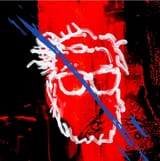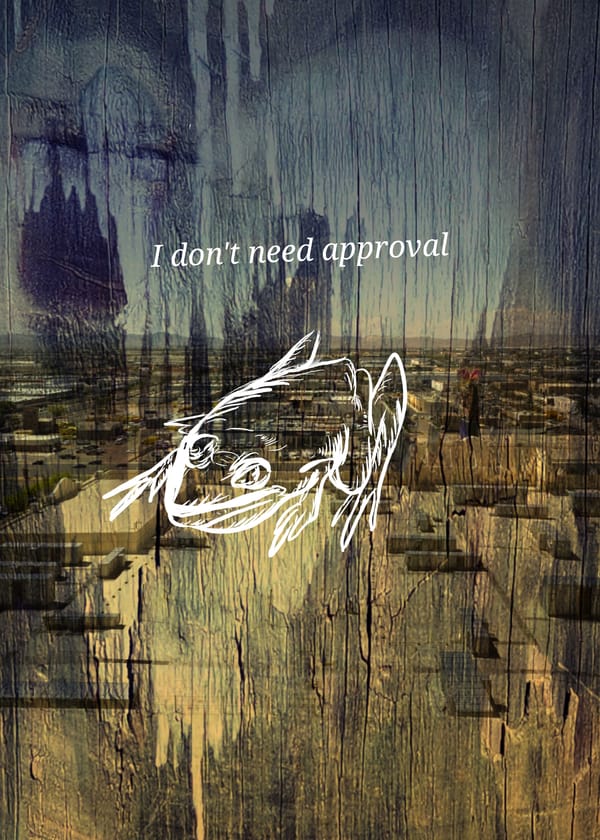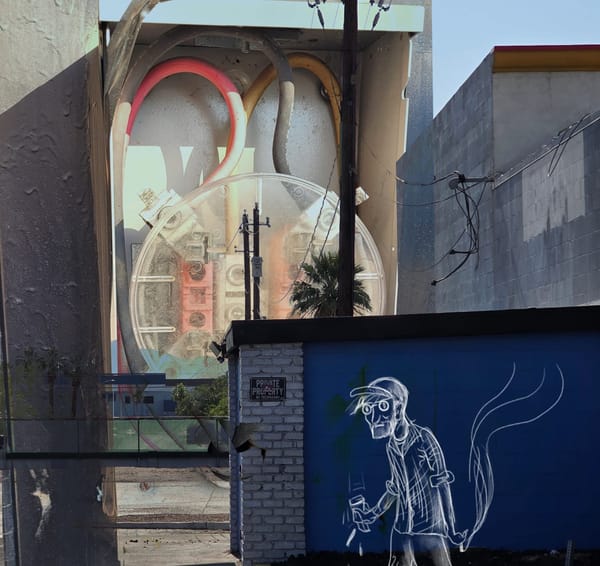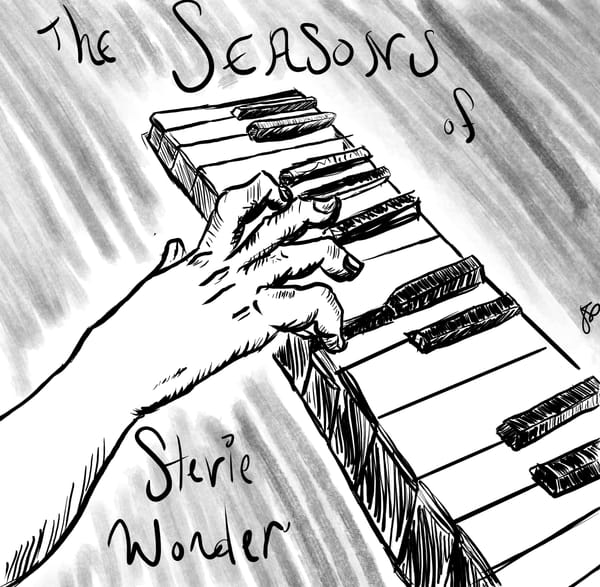Earl Sweatshirt - SICK! review
Hell isn't just other people.
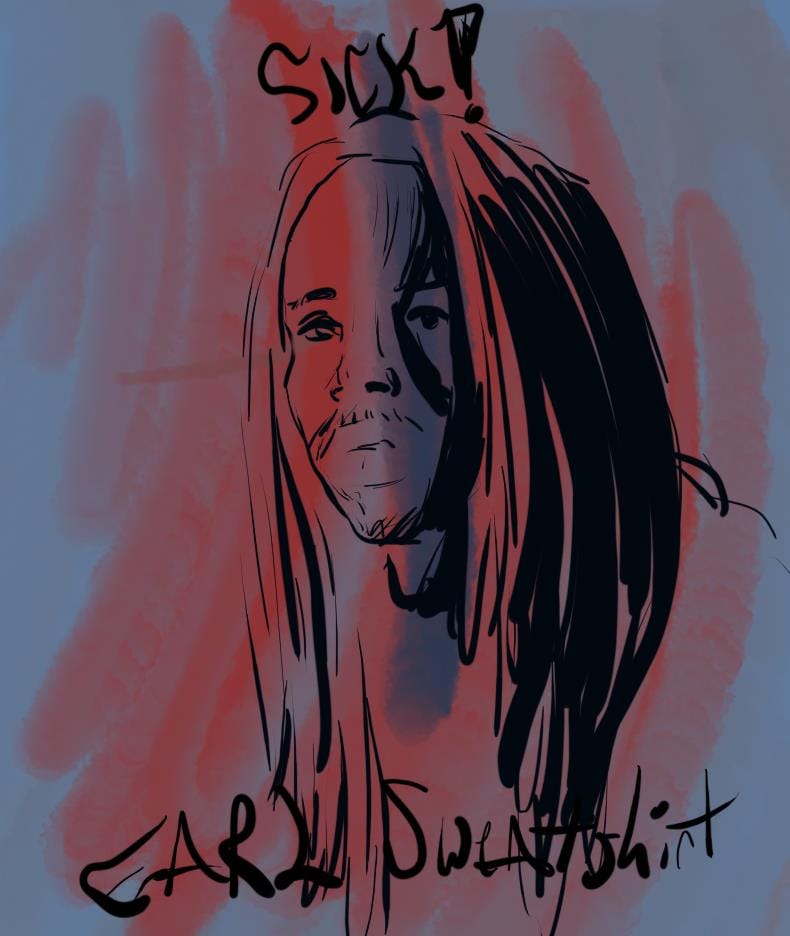
People don’t recite poetry quite like they did in the past. You won’t find many sitting around a musty table drinking something hard out of small glasses, getting woozy on wealth and foreign bought cigars reciting poets from a time long forgotten, fighting amongst themselves over which authors meant what. Does that mean we, as a generation, no longer have poetry worth remembering?
SICK! Is the 4th release from Earl Sweatshirt and it hits like a benchmark dive into the inner thoughts, doubts and struggles of a post-2020 world. Earl’s technical skills lie not in the speed or ferocity of his words but in their evocative, dizzying, and sometimes depressive introspection. That’s not to say that this is a depressing album, though, as it regularly offers up moments of hope and strength while moving through a world without many safety nets.
Though the album is brief (just under twenty-five minutes) the somnambulant beats drift along (special shout out to the crisp production throughout by Earl, the Alchemist, Black Noi$e, Navy Blue, Samiyam, Alexander Spit, Theravada, and Rob Chambers) while Earl reflects on inner and outer struggles. Tracks like ‘Old Friend’ (Strong spirit where the body couldn’t get asylum/ The Cost of living high/Don’t cross the picket line and get the virus) the lyrically hypnotizing and chaotic ‘2010’, and ‘God Laughs (‘These days I’m mindful of what I embrace/ Operating on an empty tank, spank me, fumes fueling a flame) are especially potent explorations of the troubles waiting both in and out of the safety of home. Isolation is touched on with a nuance you rarely encounter in modern media, with all its sadness and potential for deadliness laid bare. The mid album pick-up with the Madvillian-esqe ‘Tabula Rasa’ and the carefree horns of ‘Lye’ provide a nice lift before the album loops back on the somber ending ‘Fire in the Hole’, mirroring a cycle of isolation/depression/hope/isolation/depression that is all too common for many but spoken about by few. Its brief stay does not diminish its impact and by the time it is all over, you’re left with a vibe that can’t be easily shaken. A vibe perfectly summed up in ‘2010’ with ‘Didn’t look back when I broke Soil/ ‘Cause every time I did it would hurt more.’
When the intellectuals of the future look back to our time, will the still quote names like Byron or Tennyson? They might, but they would be missing the true voices of this moment such as Earl.

